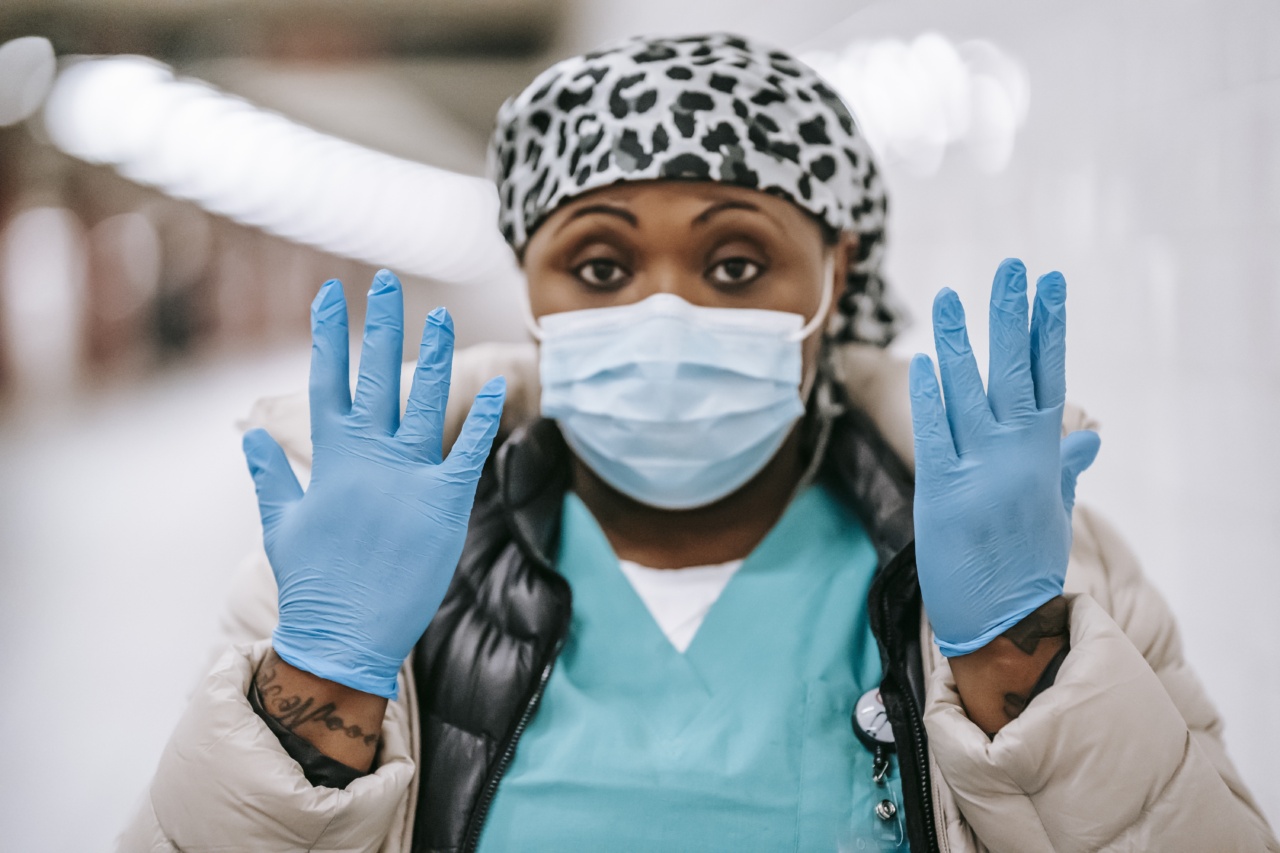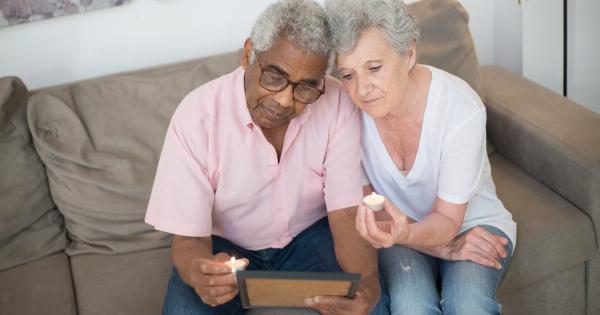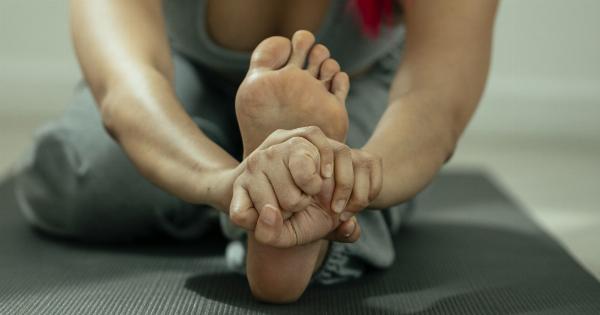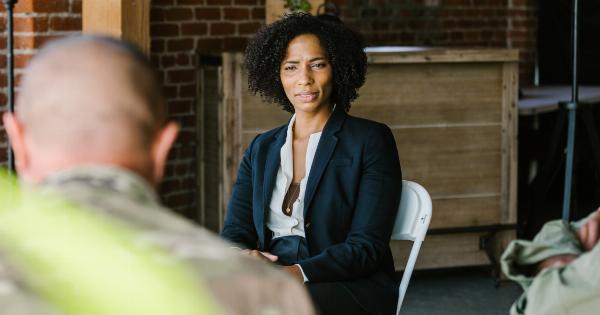As parents, the safety of our children is always a top priority. The thought of losing a child is unimaginable, yet it’s a tragic reality that many families have to face.
According to the Centers for Disease Control and Prevention (CDC), there were approximately 22,000 infant deaths in the United States in 2019 alone. While some causes of infant loss are beyond our control, there are steps parents can take to help prevent it. In this article, we’ll go over some tips and advice for preventing infant loss.
1. Safe Sleep Practices
The American Academy of Pediatrics (AAP) recommends that infants sleep alone, on their back, and in a crib or bassinet for the first year of life. This helps reduce the risk of suffocation and Sudden Infant Death Syndrome (SIDS).
Make sure your baby’s sleep surface is firm, flat, and free from any soft objects or loose bedding that could pose a suffocation hazard. Additionally, never put your baby to sleep on an adult bed, couch, or other soft surface as this increases the risk of suffocation.
Always follow safe sleep guidelines, and don’t hesitate to ask your pediatrician if you have any questions or concerns.
2. Proper Car Seat Usage
Car accidents are a leading cause of infant deaths. To protect your baby while traveling, make sure you install your car seat correctly and use it properly every time.
Infants should ride in a rear-facing car seat until they are at least two years old, or until they reach the highest weight or height allowed by the car seat manufacturer. Make sure the car seat is secured tightly and that the harness fits snugly around your baby. Never place a car seat in the front seat of a car with an active airbag, as the force of the airbag can cause serious injury or death to a young child.
3. Proper Nutrition
Nutrition is important for your baby’s development and overall health. Breastfeeding is recommended by the AAP for the first six months of life, and can continue as long as both mother and baby desire.
If you’re unable to breastfeed, talk to your pediatrician about the best formula for your baby. It’s also important to avoid giving your baby any foods or drinks that could be a choking hazard, such as popcorn, nuts, grapes, or hot dogs.
4. Hygiene and Illness Prevention
Infants are more susceptible to illness than adults, so it’s important to take steps to prevent the spread of germs. Wash your hands thoroughly before handling your baby, and encourage others to do the same.
Avoid contact with sick people and keep your baby away from anyone who has a cold, flu, or other contagious illness. Keep your baby’s toys, bedding, and other items clean and disinfected, and never share pacifiers or other mouthed toys between children.
5. Home Safety Precautions
Infants are curious and will explore their environment, which can sometimes lead to accidents. Take steps to make your home as safe as possible for your baby.
Install safety gates at the top and bottom of stairs, place covers over electrical outlets, and secure loose rugs or other tripping hazards. Keep all cleaning supplies, medications, and other potentially toxic substances out of reach or locked away. Never leave your baby unattended on a changing table or other elevated surface.
6. Regular Checkups
Regular checkups with a pediatrician can help ensure that your baby is healthy and developing properly. Your pediatrician can provide advice on feeding, sleeping, and safety, and can also monitor your baby’s growth and development.
Be sure to keep all scheduled appointments and don’t hesitate to contact your pediatrician if you have any questions or concerns in between visits.
7. Temperature Regulation
Infants are more sensitive to temperature changes than adults, so it’s important to keep your baby comfortable and avoid overheating or chilling.
Dress your baby in light layers and avoid bulky clothing or blankets that could interfere with breathing. Keep your home at a comfortable temperature of around 68-72 degrees Fahrenheit, and keep your baby out of direct sunlight or cold drafts.
8. Avoiding Unsafe Products
Some products marketed for infants may be unsafe and pose a risk of injury or death. Always read reviews and research before purchasing products such as cribs, strollers, swings, and high chairs.
Additionally, avoid using products that have been recalled or have a history of safety issues. When in doubt, consult with your pediatrician or a child safety expert to ensure that a product is safe for use.
9. Emergency Preparedness
While we hope that we’ll never need to use it, being prepared for an emergency is crucial when it comes to preventing infant loss. Make sure that you have a first aid kit on hand and that everyone in your household knows basic first aid.
Additionally, make sure that you have important phone numbers saved in your phone or written down, including your pediatrician, poison control, and emergency services. Consider taking a CPR class to learn how to perform infant CPR, which can be a lifesaving skill.
10. Mental Health Support
Finally, it’s important to prioritize your own mental health as a parent. Coping with the fear of losing a child can be overwhelming, and it’s important to seek support if you’re struggling.
Talk to your doctor or a therapist if you’re experiencing feelings of anxiety or depression. Additionally, be sure to surround yourself with a supportive network of family and friends who can help you navigate the challenges of parenthood.
Conclusion
While there’s no guaranteed way to prevent infant loss, taking these steps can help reduce the risk and increase the safety of your baby.
Always follow safe sleep guidelines, properly use your infant car seat, provide proper nutrition, take steps to prevent illness, make your home safe, keep regular checkups, regulate temperature, avoid unsafe products, prepare for emergencies, and prioritize your mental health. By taking these measures, you can help ensure that your baby grows up healthy, happy, and safe.





























